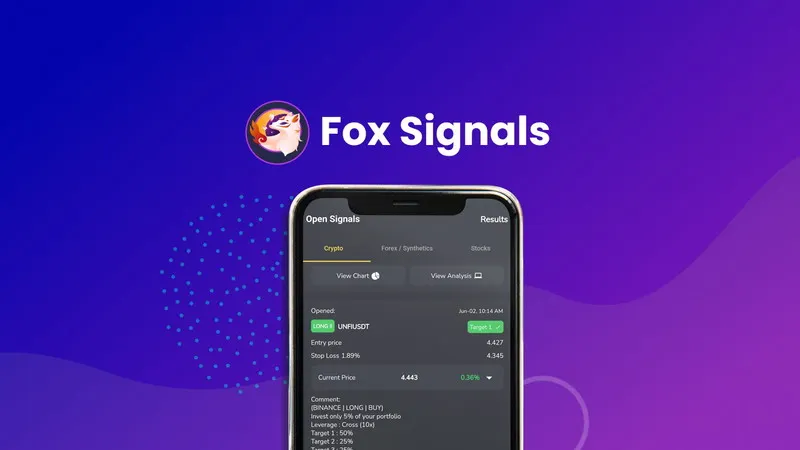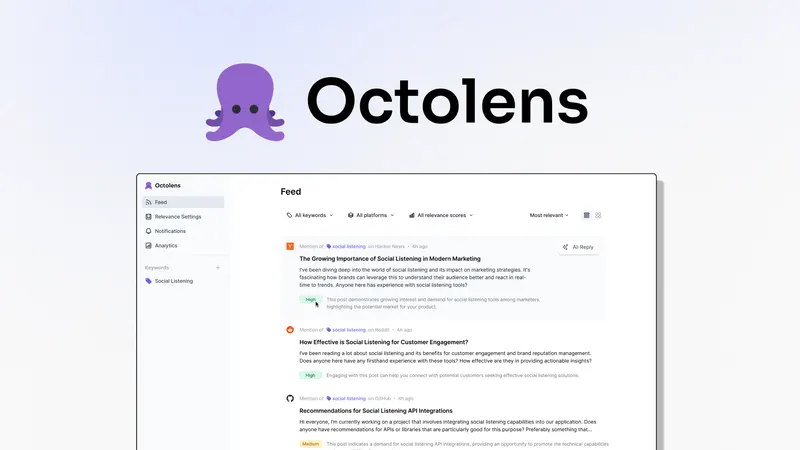In today’s digital age, mobile applications have become an integral part of our lives. From managing finances to enhancing productivity, apps offer countless benefits. However, not all apps are created equal. Some can lead you down a path of financial loss, draining your wallet without delivering real value.
In this blog post, we will explore the world of money-losing and sketchy apps, how to identify them, and practical tips for protecting yourself from these potentially harmful tools.
Understanding Money-Losing Apps
Money-losing apps are those that may initially appear beneficial but ultimately result in financial losses for the user. Often marketed as free or low-cost, these apps can bury users under a mountain of hidden fees, unexpected costs, and aggressive monetization strategies. Their primary goal is to extract as much money as possible from users, often leaving them feeling frustrated and cheated.
Common Tactics Used by Money-Losing Apps
- Freemium Models: Many apps use a freemium model, offering basic features for free while charging steep prices for premium features. Users may download an app thinking they can use it without spending a dime, only to find themselves pressured into making purchases to unlock essential functionalities.
- In-App Purchases: These apps often bombard users with in-app purchase prompts, making it easy to spend money without realizing how much has been spent. For example, a game may offer power-ups or additional lives at a low price, but over time these small purchases can accumulate into significant expenses.
- Subscription Traps: Some apps lure users in with a free trial period but then automatically switch to costly subscription plans once the trial ends. Users may forget to cancel or overlook the fine print, resulting in unexpected charges that hit their bank accounts.
- Misleading Advertising: Money-losing apps may employ deceptive marketing tactics, showcasing unrealistic results or benefits that the app cannot deliver. This can lead users to believe they are making a worthwhile investment when they are not.
Identifying Sketchy Apps
Spotting sketchy apps requires vigilance and critical thinking. Here are some red flags to look out for:
Lack of Transparency
A trustworthy app typically provides clear information about its features, pricing, and data collection practices. If an app seems evasive or doesn’t provide comprehensive details, it might be a warning sign.
Poor User Reviews
Before downloading an app, take the time to read user reviews on app stores and independent review sites. Sketchy apps often have numerous negative reviews highlighting issues such as hidden fees, poor customer service, and ineffective functionality.
Unusual Permissions
Check the permissions that an app requests during installation. If an app asks for access to your contacts, camera, or location when it doesn’t need that information for its core functionality, it could be a red flag indicating sketchy motives.
Unknown Developers
Research the app developer before downloading. Reputable developers usually have a history of successful apps and positive user feedback. If the developer is unknown or has received complaints about previous apps, consider looking for alternatives.
How to Protect Yourself from Money-Losing Apps ?
The best defense against losing money to sketchy apps is knowledge and vigilance. Here are some practical tips to help you safeguard your finances:
Research Before Downloading
Before installing any app, conduct thorough research. Look for reviews and ratings from other users and check if the app has a website with clear contact information. It’s crucial to know what you’re getting into before making any commitments.
Read the Fine Print
Always read the terms and conditions before signing up for any service or purchasing in-app features. Look for information about subscription costs, cancellation policies, and whether there are hidden fees involved.
Set Spending Limits
If you frequently use apps that offer in-app purchases or subscriptions, consider setting a budget for how much you’re willing to spend monthly. This way, you can enjoy the apps without overspending.
Monitor Your Bank Statements
Regularly review your bank statements for any unauthorized or suspicious charges. If you notice unfamiliar transactions related to an app, take immediate action to address the issue.
Use App Store Features
Most app stores provide features that allow you to filter out low-rated apps or those that have received numerous complaints. Make use of these tools when searching for new applications.
Trust Your Instincts
If something feels off about an app—whether it’s aggressive marketing tactics or vague descriptions—trust your gut feeling and search for alternatives. There are countless legitimate apps available that can meet your needs without the risks associated with sketchy ones.
The Importance of User Awareness
As consumers of digital products, we must remain vigilant against the risks posed by money-losing and sketchy apps. Awareness is key; the more informed we are about potential hazards and deceptive tactics, the better equipped we become to make wise choices.
Sharing Experiences
If you have had negative experiences with specific apps, sharing your story can help others avoid similar pitfalls. Consider leaving reviews on app stores and discussing your experiences on social media or relevant forums to raise awareness about problematic applications.
Reporting Suspicious Apps
Reporting questionable apps not only protects you but also helps others in the community. App stores usually have mechanisms in place for reporting fraudulent or misleading applications. By doing so, you contribute to making the app ecosystem safer for everyone.
Conclusion: Fox Signals Lifetime Deal
In conclusion, while mobile applications can enhance our lives in countless ways, it’s essential to be cautious about money-losing and sketchy apps that can harm our finances. By being informed, conducting thorough research, and trusting our instincts, we can navigate the vast app landscape more safely. Always prioritize transparency and accountability in the applications you choose to use.




